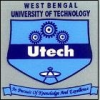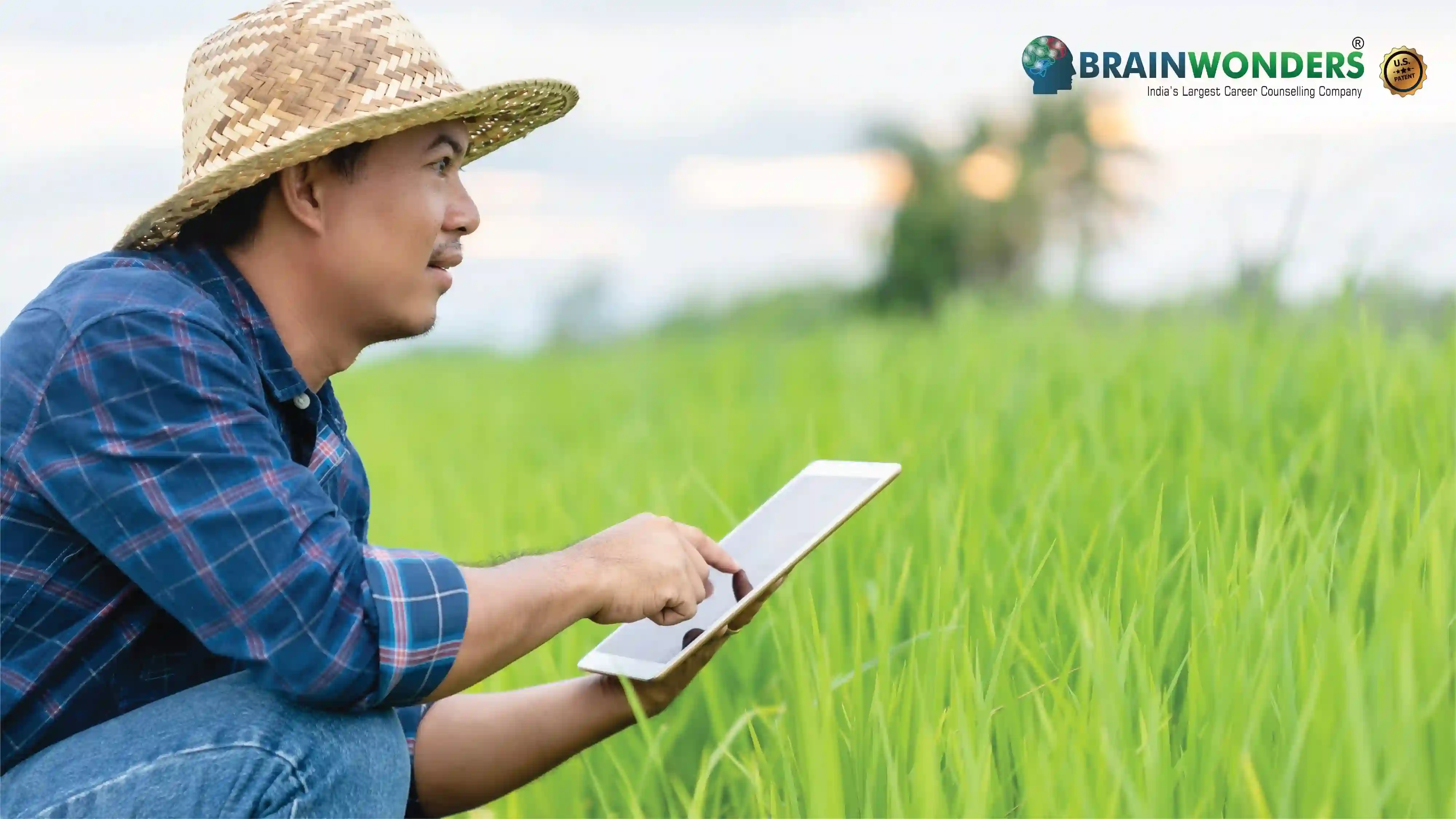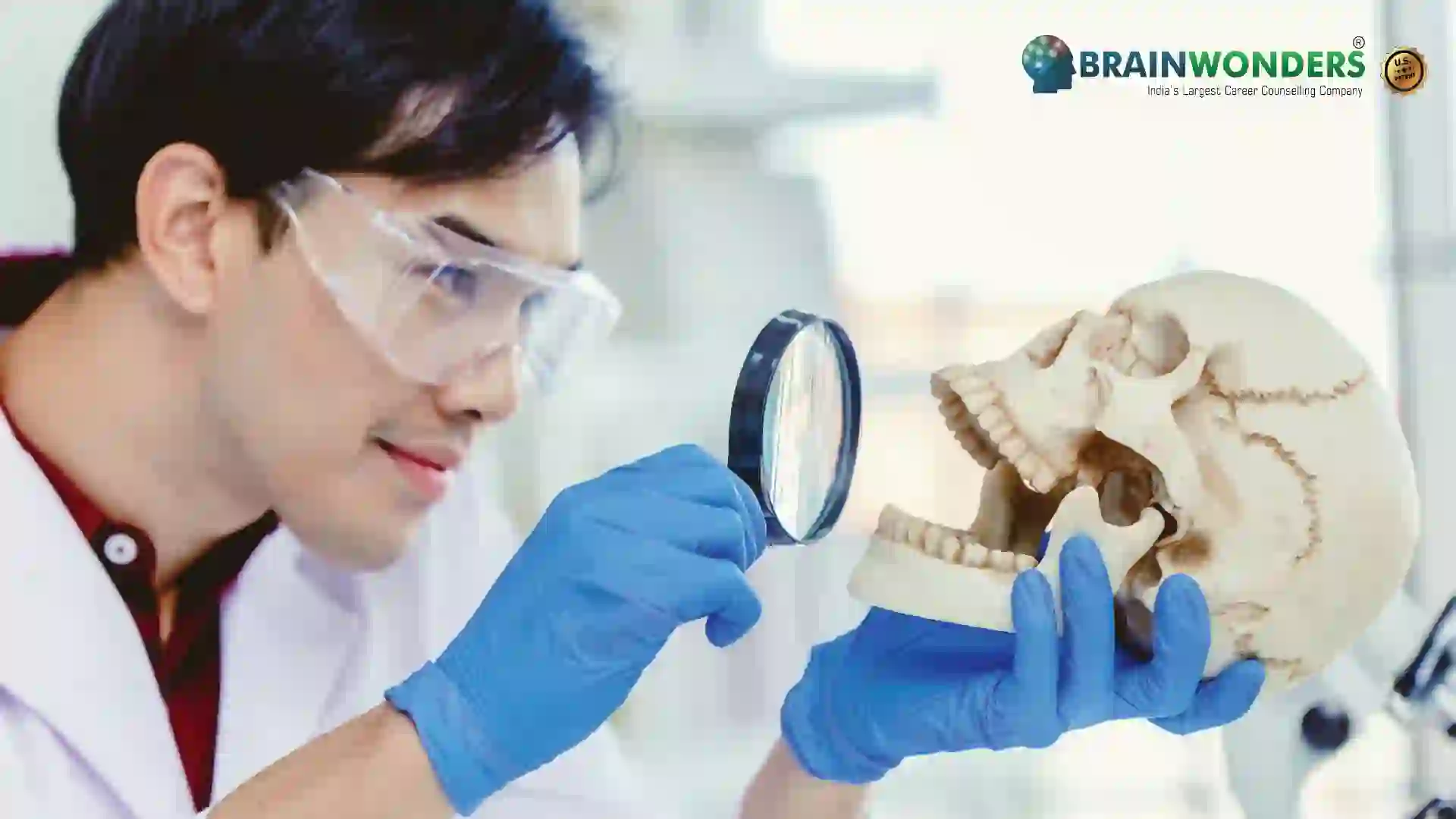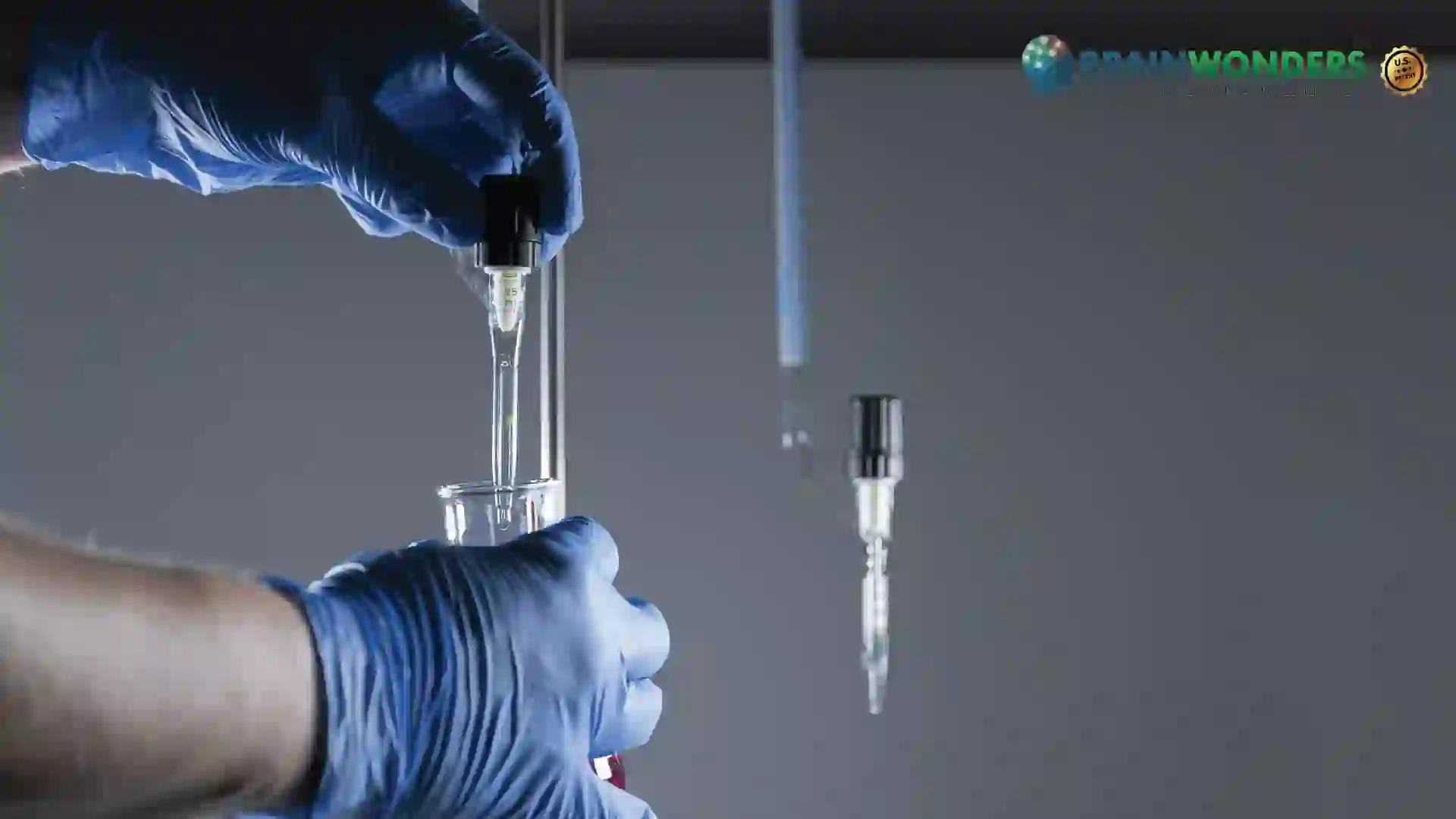How to become a Food Scientist and Technologist
Overview, Courses, Exam, Colleges, Pathways, Salary
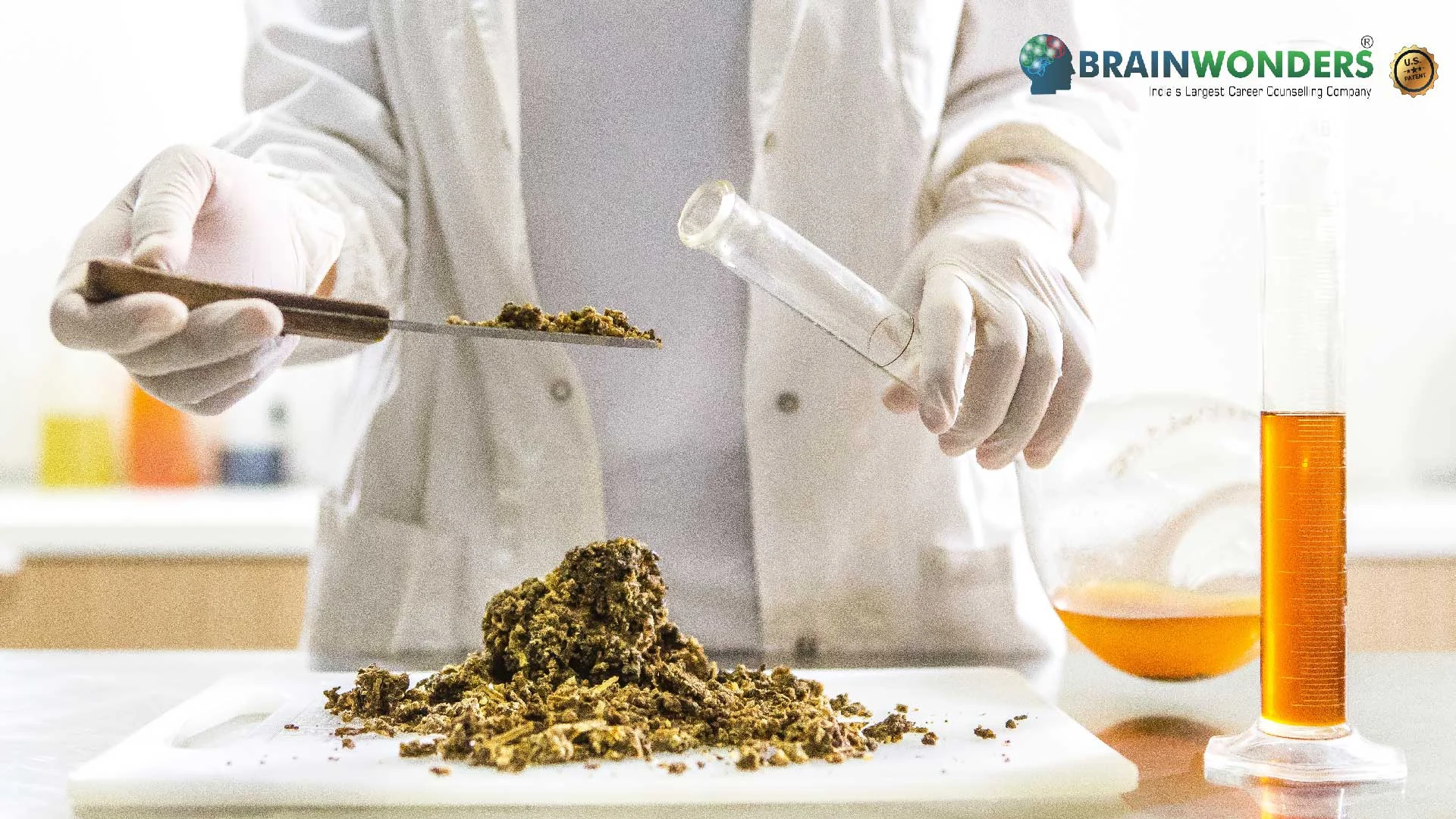
Overview
Who is Food Scientist and Technologist ?
A Food Scientist and Technologist is a professional who applies scientific knowledge and technological advancements to food production, processing, and safety. They are experts in understanding food's composition, properties, and nutritional aspects, as well as developing innovative food products and processes. Food Scientists and Technologists work in various sectors, including food manufacturing, research and development, quality assurance, and regulatory compliance. Their responsibilities include:
- Researching.
- Developing new food products.
- Improving existing formulations.
- Ensuring food safety and quality standards.
- Implementing efficient production techniques.
They may also collaborate with nutritionists, engineers, and marketing teams to create consumer-friendly and sustainable food products. Overall, Food Scientists and Technologists play a crucial role in advancing the food industry, ensuring product safety and quality, and meeting consumers' evolving needs and preferences.
Typical day at work
What does Food Scientist and Technologist do?
- Research and Development: They conduct scientific research to understand food components' composition, properties, and behaviour. This research helps develop new food products, improve existing formulations, and find solutions to enhance food quality, taste, and nutritional value.
- Product Development: Food Scientists and Technologists create new food products by formulating recipes, selecting ingredients, and determining optimal processing methods. They consider taste, texture, shelf life, and nutritional content to meet consumer preferences and industry regulations.
- Quality Assurance: They ensure that food products meet quality and safety standards by conducting tests, inspections, and analyses. They monitor production processes, assess product quality and consistency, and identify potential risks or contaminants to maintain consumer safety.
- Food Safety and Regulatory Compliance: Food, Scientists and Technologists, are responsible for understanding and implementing food safety regulations and standards. They develop and maintain procedures to ensure compliance with hygiene, labelling, and packaging requirements.
- Process Improvement: They identify opportunities to optimize production processes and improve efficiency. They assess factors such as equipment, packaging, storage, and distribution methods to enhance productivity and reduce costs while maintaining product quality.
- Sensory Evaluation: Food Scientists and Technologists conduct sensory evaluations to assess the taste, texture, aroma, and appearance of food products. They use sensory testing panels and analysis techniques to gauge consumer preferences and make necessary adjustments.
- Collaboration and Communication: They work closely with cross-functional teams, including nutritionists, engineers, marketers, and regulatory bodies. Effective communication and collaboration are essential to ensure smooth product development, production, and compliance with industry standards.
- Market Research and Trends: Food Scientists and Technologists stay informed about consumer trends, market demands, and emerging technologies in the food industry. They use this knowledge to develop innovative food products and adapt existing ones to meet changing consumer preferences.
Abilities and Aptitude needed
What are the skills, abilities & aptitude needed to become Food Scientist and Technologist?
- Scientific Knowledge: A strong understanding of chemistry, biology, microbiology, nutrition, and food science principles is crucial. This knowledge forms the foundation for conducting research, developing food products, and understanding the complex interactions within food systems.
- Analytical and Problem-solving Skills: Food Scientists and Technologists should possess excellent analytical skills to assess data, conduct experiments, and solve problems related to food composition, processing, and quality. They should be able to interpret results and make informed decisions.
- Attention to Detail: Precision and attention to detail are critical in food science. Food Scientists and Technologists must accurately measure and document ingredients, follow protocols, and ensure quality and safety standards compliance.
- Creativity and Innovation: The ability to think creatively and innovate is essential for developing new food products, improving formulations, and finding solutions to food processing and production challenges. They should be able to explore new ingredients, technologies, and techniques to meet consumer demands and industry trends.
- Communication Skills: Effective communication is vital for collaborating with cross-functional teams, presenting research findings, and conveying complex scientific concepts to non-technical stakeholders. Food Scientists and Technologists should be able to communicate clearly and concisely in oral and written forms.
- Time Management and Organisation: Managing multiple tasks, setting priorities, and meeting deadlines is crucial. Food Scientists and Technologists often work on multiple projects simultaneously, requiring effective time management and organisational skills.
- Teamwork and Collaboration: Food Scientists and Technologists often work in multidisciplinary teams, including nutritionists, engineers, marketers, and regulatory personnel. They should be able to collaborate effectively, share knowledge, and contribute to a collective goal.
- Adaptability and Continuous Learning: The food industry is dynamic, with evolving consumer preferences, emerging technologies, and regulatory changes. Food Scientists and Technologists should be adaptable to new developments and committed to continuous learning to stay updated with industry advancements.
- Ethical and Professional Conduct: Adhering to ethical standards, maintaining integrity, and practising professional conduct are vital. Food Scientists and Technologists should prioritise consumer safety, adhere to regulations, and conduct research and development honestly and transparently.
Pathways
How to become an Food Scientist and Technologist?
Entrance Exam
Entrance Exam for Food Scientist and Technologist ?
Courses
Which course I can pursue?
Best Colleges
Which are the best colleges to attend to become an Food Scientist and Technologist?
Industries
Which Industries are open for Food Scientist and Technologist?
- Food Manufacturing: Food Scientists and Technologists can work in food manufacturing companies, including large-scale food processing plants or small-scale artisanal food producers. They contribute to product development, quality control, and process improvement.
- Research and Development: Research institutions, universities, and private organizations employ Food Scientists and Technologists to research, develop innovative food products, and explore new technologies and ingredients.
- Quality Assurance and Control: Food Scientists and Technologists find employment in quality assurance departments, ensuring compliance with food safety and quality standards, conducting testing and inspections, and implementing quality control procedures.
- Regulatory Agencies: Government regulatory agencies hire Food Scientists and Technologists to develop and enforce food safety regulations, monitor compliance, and participate in inspections and audits.
- Nutritional and Health Products: Food Scientists and Technologists can work in the development and production of nutritional supplements, functional foods, and health-focused products, collaborating with nutritionists and health professionals.
- Food Service and Hospitality: The food service industry, including restaurants, hotels, and catering companies, may employ Food Scientists and Technologists to develop menu items, improve food quality, and ensure compliance with safety and hygiene standards.
- Food Retail and Consumer Goods: Food manufacturers and retailers employ Food Scientists and Technologists to ensure their products' quality, safety, and compliance. They may also work in product development, packaging, and labelling.
- Consulting and Advisory Services: Food Scientists and Technologists can work as consultants, providing expertise and guidance to food companies in product development, food safety, quality control, and regulatory compliance.
- Sensory Analysis and Consumer Research: Some Food Scientists and Technologists work in sensory analysis and consumer research companies, conducting studies to evaluate taste, texture, aroma, and consumer preferences for food products.
internship
Are there internships available for Food Scientist and Technologist?
Internships are available for individuals interested in pursuing a career as a Food Scientist and Technologist. These internships provide valuable hands-on experience and an opportunity to learn and apply theoretical knowledge in real-world food industry settings. Food manufacturing companies, research institutions, government agencies, and consulting firms typically offer internships in this field.
During a Food Scientist and Technologist internship, individuals may have the opportunity to work alongside experienced professionals, participate in research and development projects, conduct experiments, analyze data, and assist with quality control and regulatory compliance. They may also gain exposure to various aspects of the food industry, including product development, sensory analysis, and food safety practices.
The duration and requirements of internships can vary. Some internships may be full-time or part-time, while others may be project-based or seasonal. It is advisable to check with specific companies, research institutions, or government agencies for internship opportunities, application processes, and eligibility criteria.
Participating in a Food Scientist and Technologist internship can provide valuable industry experience, networking opportunities, and a deeper understanding of the field. It allows individuals to apply their knowledge, develop practical skills, and gain insights into various food science and technology areas.
Career outlook
What does the future look like for Food Scientist and Technologist?
The future for Food Scientists and Technologists is bright and promising. With the increasing focus on sustainable and healthy food options, there will be greater demand for their expertise in developing innovative food products and processes. They will play a crucial role in addressing global challenges such as food security, food waste reduction, and developing alternative protein sources. Technological advances, such as artificial intelligence and biotechnology, will further enhance their capabilities in improving food quality, safety, and nutrition. Collaboration with other disciplines, such as nutritionists, engineers, and data scientists, will become more prevalent, leading to interdisciplinary solutions. Additionally, the emphasis on personalised nutrition and the rise of functional foods will create new opportunities for Food Scientists and Technologists to create tailored products that cater to individual needs. The future looks bright for Food Scientists and Technologists as they contribute to a more sustainable, nutritious, and innovative food industry.

